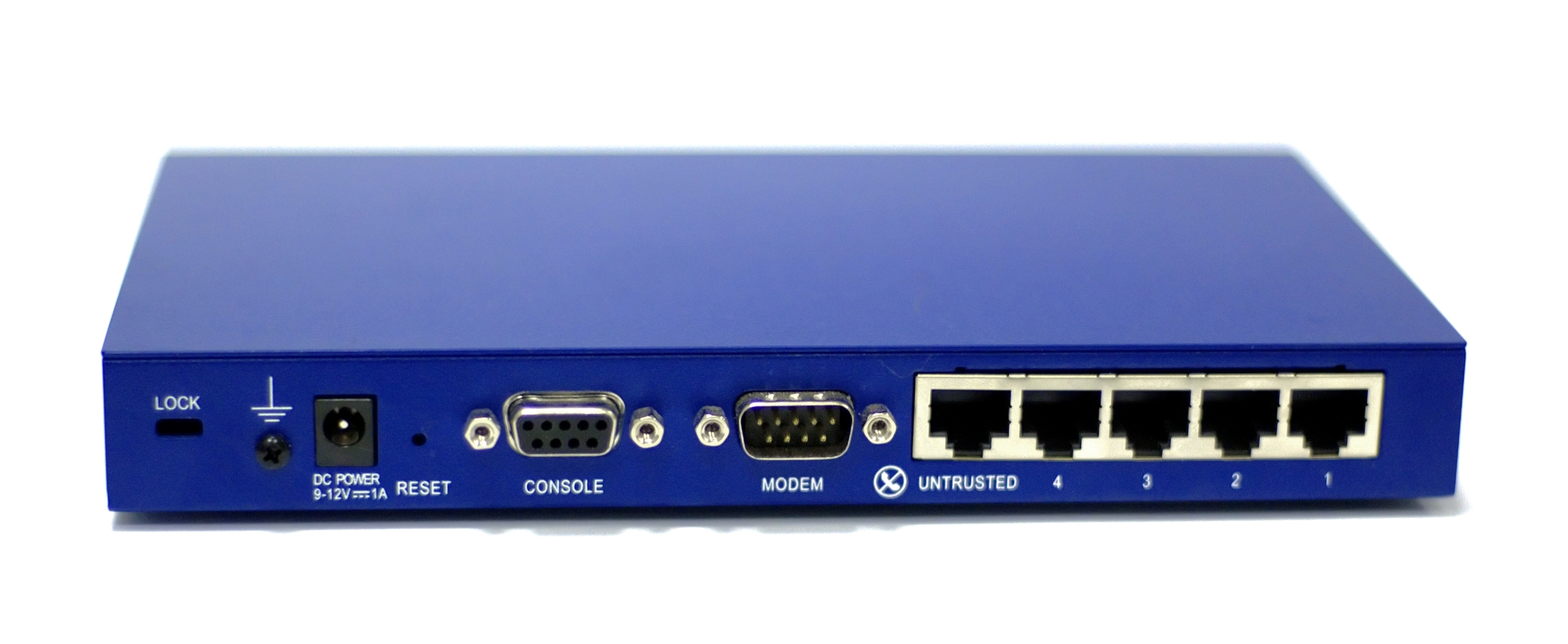It’s probably fair to say that most people rely on IT security packages such as firewalls, antivirus, and anti-malware software to keep their home or work PC free from viruses or malicious intrusions from would-be hackers. With the increasing number of malware around on the internet, it is safe to keep these softwares installed in the systems.
For added security, you would want a bootable OS on a standalone flash drive. However, there might be times that the computer might not be able to recognize the device due to network security protocols, preventing USB access. For such times, software packages like chipgenius may come in handy as it provides to the user an array of features and tools that can assist a person with USB-related problems such as non-detection of the device and pertinent information about the device itself.
In fact, determined hackers could potentially employ malicious code written onto a USB device’s drivers in order to infect a computer – and most systems’ firewall security measures aren’t set up to block such direct intrusion via a USB port. In one extreme and high-profile example in 2010, Iran’s Natanz nuclear facility was taken offline by the malicious Stuxnet computer worm, delivered by a foreign agent using an infected thumb drive. Virus-laden USB devices even seem to have threatened cyber security onboard the International Space Station.
This is where the concept of USB firewall security comes in. One such project, “USG,” by enterprising New Zealander Robert Fisk, takes the form of a hardware dongle that physically sits between your computer and any USB device. Here’s how Fisk describes the innovative cyber security device: “Antivirus scanners cannot detect BadUSB because there is no virus to detect. Malicious USB commands reach directly into your USB driver stack, exploiting your computer before file-based scanners realize anything happened … The USG is the only plug-and-play BadUSB protection that does not require you to switch operating systems. It can even protect your legacy and embedded systems running out-of-date software.”
Fisk builds, sells and ships the USG devices (though it’s currently sold out), but has also posted full instructions online for anyone who’s up for making their own. As we become aware of more and more instances of system intrusions via infected USB devices, it seems likely that home computer users, businesses and government agencies alike will be looking to employ some form of robust USB firewall security. It remains to be seen whether Robert Fisk’s USG devices will see more widespread adoption, or if some forward-looking player in the tech market will step forward and capitalize on this quite genuine IT security need.
References
http://gizmodo.com/for-true-cyber-security-using-a-usb-firewall-is-essent-1792986118

